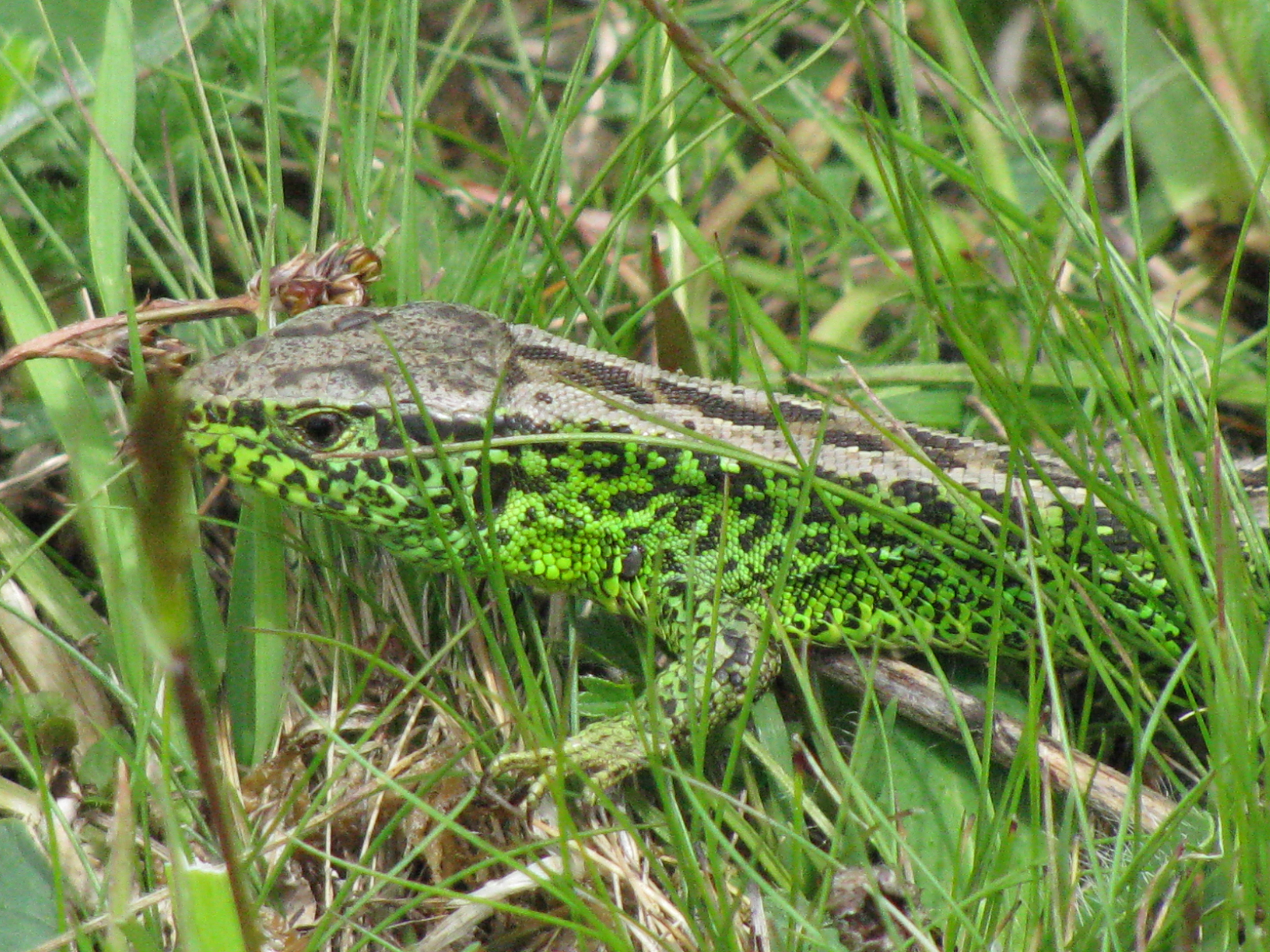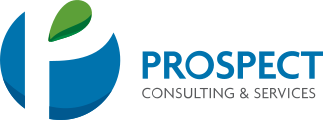This Project is now closed
PRE-IDENTIFICATION OF A NATIONAL SUPPORT PROGRAMME ON REDUCTION OF PLASTIC WASTE AND MARINE LITTER IN THE PHILIPPINES
| Country | The Philippines |
|---|---|
| Sectors | Environment |
| Description | |
| Language | English |
| Status | Framework |
| CV Deadline | 2018-06-13 (Closed Project) |
| Background | The transition to a circular economy, where the value of products, materials and resources is maintained in the economy for as long as possible, and the generation of waste minimised, is an essential contribution to develop a sustainable, low carbon, resource efficient and competitive economy. Such transition is an opportunity to transform economies and generate new and sustainable competitive advantages. The circular economy can boost competitiveness by protecting businesses against scarcity of resources and volatile prices, it can help create new business opportunities and innovative, more efficient ways of producing and consuming. It also helps create local jobs at all skills levels and opportunities for social integration and cohesion. At the same time, it saves energy and helps avoid the irreversible damages caused by using up resources at a rate that exceeds the Earth's capacity to renew them. An important wider benefit of the circular economy is the lowering carbon dioxide emissions levels (e.g more than 90% of plastics are produced from fossil fuels feedstock). A number of sectors face specific challenges in the context of the circular economy, because of the specificities of their products or value-chains and their environmental footprint. Plastics is one of them. The proliferation of plastic litter has become a major issue of concern notably in Asia, the latter contributing to a sheer proportion of global plastic waste. Approximately 80% of marine litter comes from plastics. Current estimates indicate that more than 8 million tonnes of plastic end up in the ocean every year, impacting ecosystems, killing millions of sea birds, sea mammals and fish negatively affecting the ocean food chain. It is projected that at current rates by 2050 oceans will contain more plastic than fish by weight. The 2030 Sustainable Development Goals include a target to prevent and significantly reduce marine pollution of all kinds, including marine litter. Building on the international momentum to take action on the issue of plastic litter the European Union has developed a plastics strategy which was adopted in January 2018 and which intends to tackle the interrelated problems of fossil feedstock dependence, recycling and reuse and plastics leakage into the environment. A combination of inadequate waste management systems and cultural issues result in a large fraction of the plastic that is being used in the society to end up in the environment and ultimately being transported via rivers into the ocean. Poor practices of solid waste management, lack of infrastructure and a lack of. awareness of the public at large about the consequences of plastic pollution further aggravate the situation. Marine litter and excessive plastics in the environment are clear symbols of resource inefficient economies. The solution is to tackle the problem at its source. Valuable materials are polluting beaches and damaging the environment instead of being pumped back into our economy. Therefore, a circular economy approach which puts emphasis on preventing waste and on recycling and reuse of materials and products is the best solution to the marine litter problem. The Philippines ranks as the third world's largest source of marine plastic debris after China and Indonesia. Other ASEAN countries like Thailand and Vietnam also list among of the world’s biggest contributors of ocean plastic waste. The problem is expected to worsen as ASEAN countries’ growing economies lead to rising incomes and exploding demand for consumer products. There is an urgent need to help the Philippines better manage its plastic waste and develop a framework that can help capture the value of plastics while reducing massive inputs of plastic waste into the ocean. A creation of a shift in mindset that sees waste as valuable materials can help set the conditions for extended producer responsibility (EPR) and the creation of potential avenues for job creation and business opportunities in the waste management, collection and recycling industries of single-use plastics. |
| Objectives | Global Objective Strengthening awareness and application of circular economy principles and practices in the Philippines. Specific Objective(s)
|
| Activities | Requested Service Under the current assignment a team of two experts will be tasked to carry out the following :
|
Project Position 1
| Position | Team Leader - Environmental Economist or Circular Economy Specialist |
|---|---|
| Qualification | Master's Degree in Environmental Economics or related discipline. In the absence of a Master's Degree, equivalent professional experience above the Experience requirements listed underneath will be considered. PhD Degree will be considered an advantage. |
| Required Experience |
|
| Estimated Manpower | 45 working days |
| Mission Begin | 15 July 2018 |
| Mission End | 31 October 2018 |
| Contact | Contact us |
Project Position 2
| Position | Plastic waste management specialist |
|---|---|
| Qualification | Master's Degree in Environmental Sciences or related discipline. In the absence of a Master's Degree, equivalent professional experience above the Experience requirements listed underneath will be considered. PhD Degree will be considered an advantage. |
| Required Experience |
|
| Estimated Manpower | 45 working days |
| Mission Begin | 15 July 2018 |
| Mission End | 31 October 2018 |
| Contact | Contact us |

